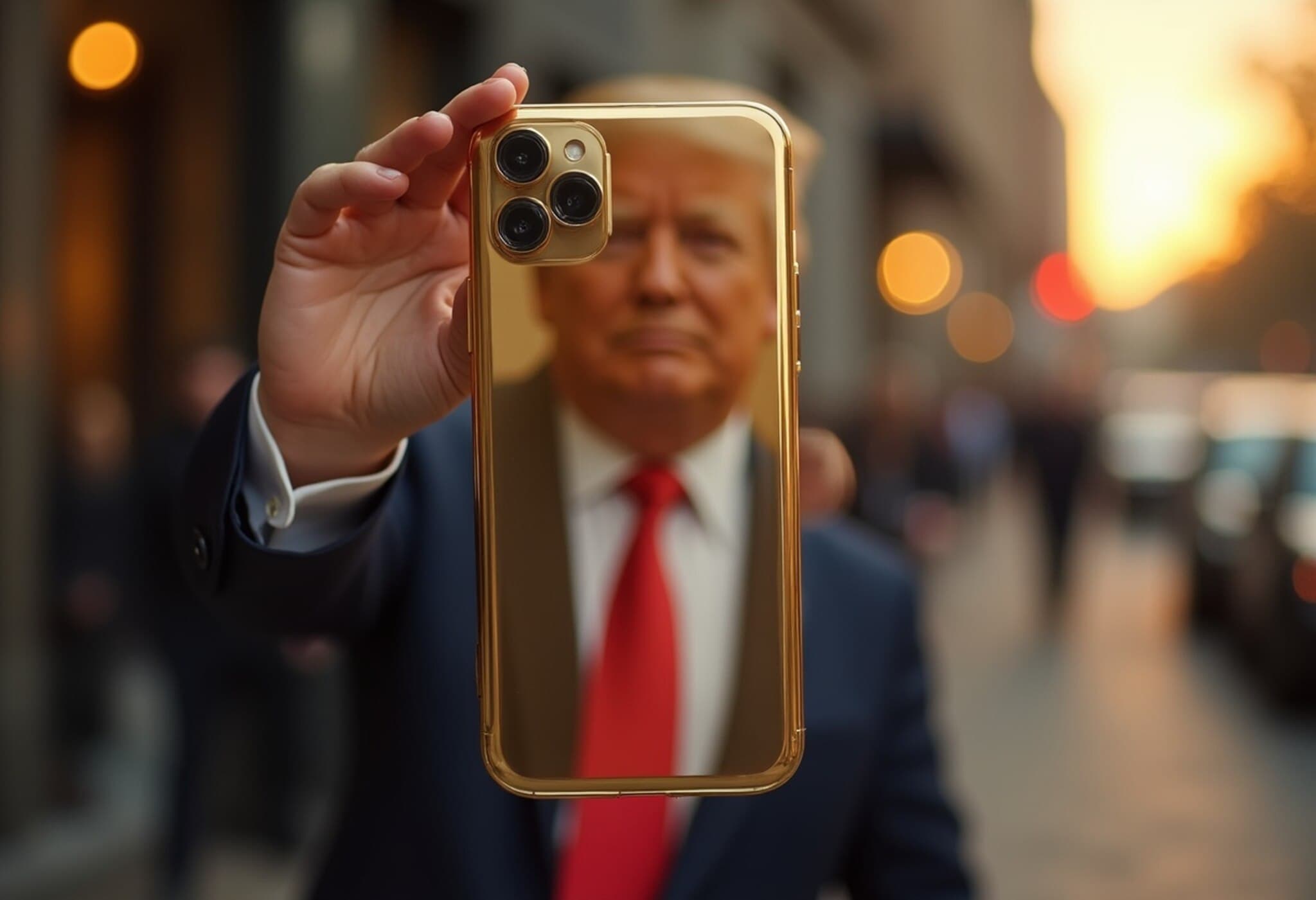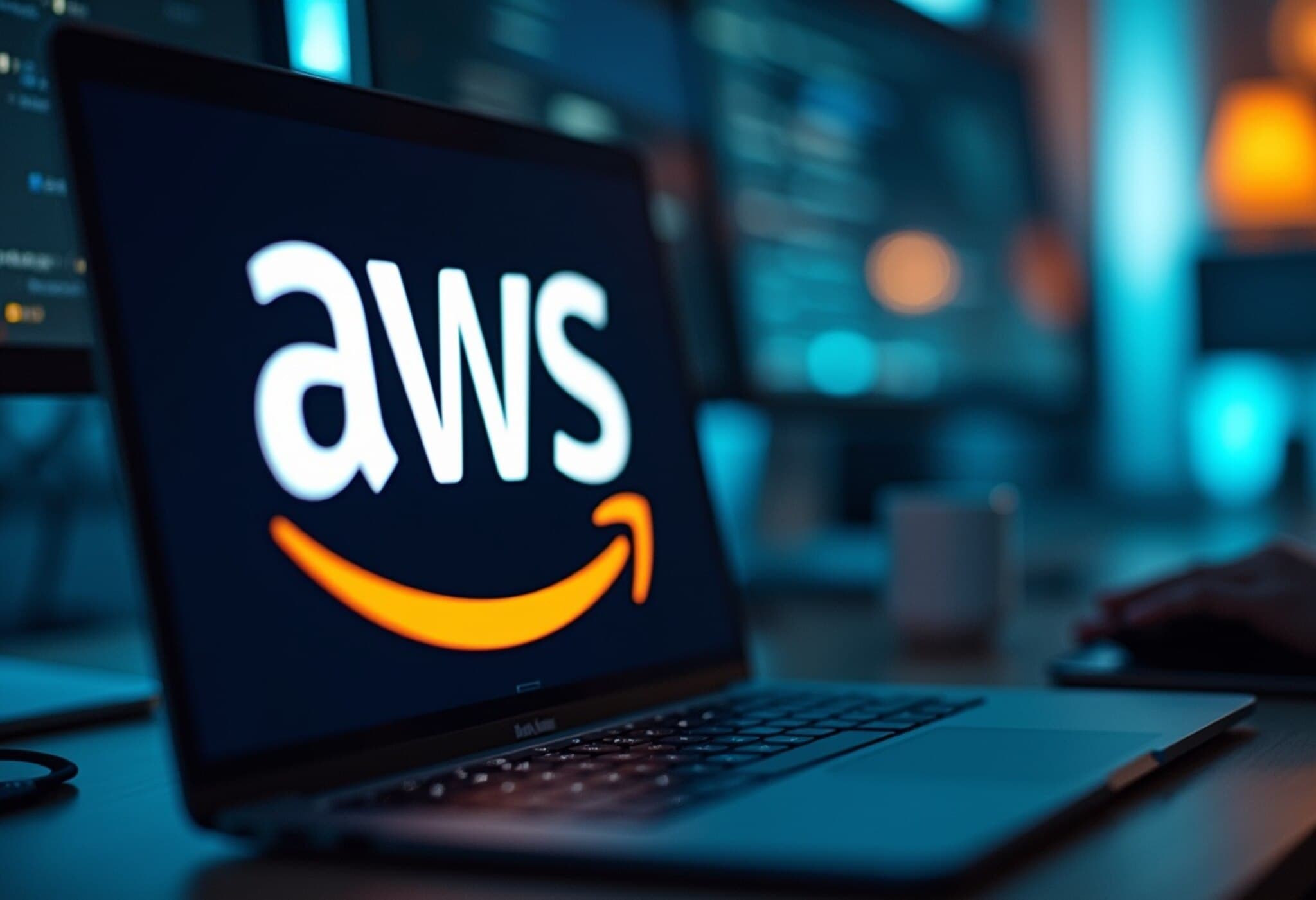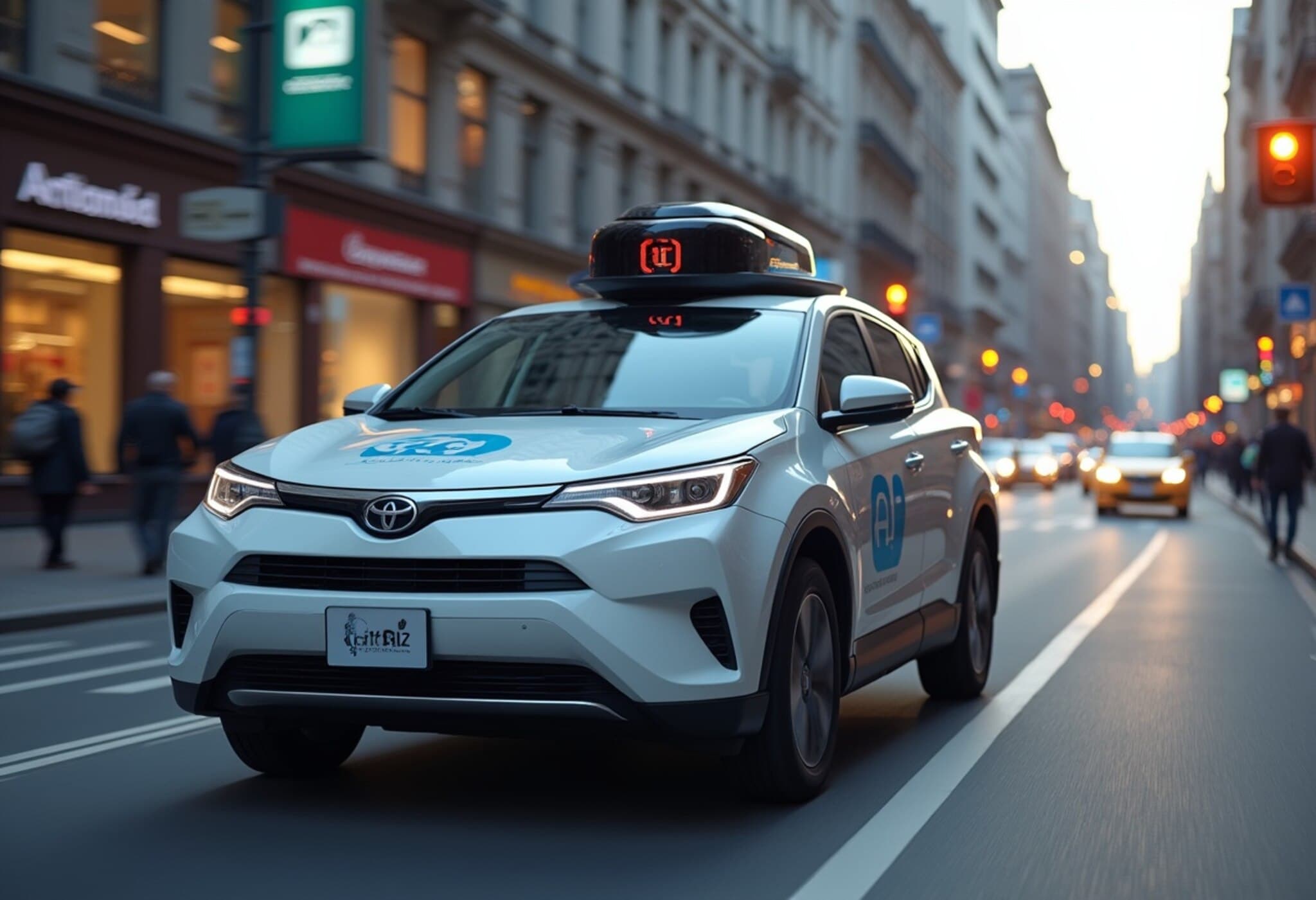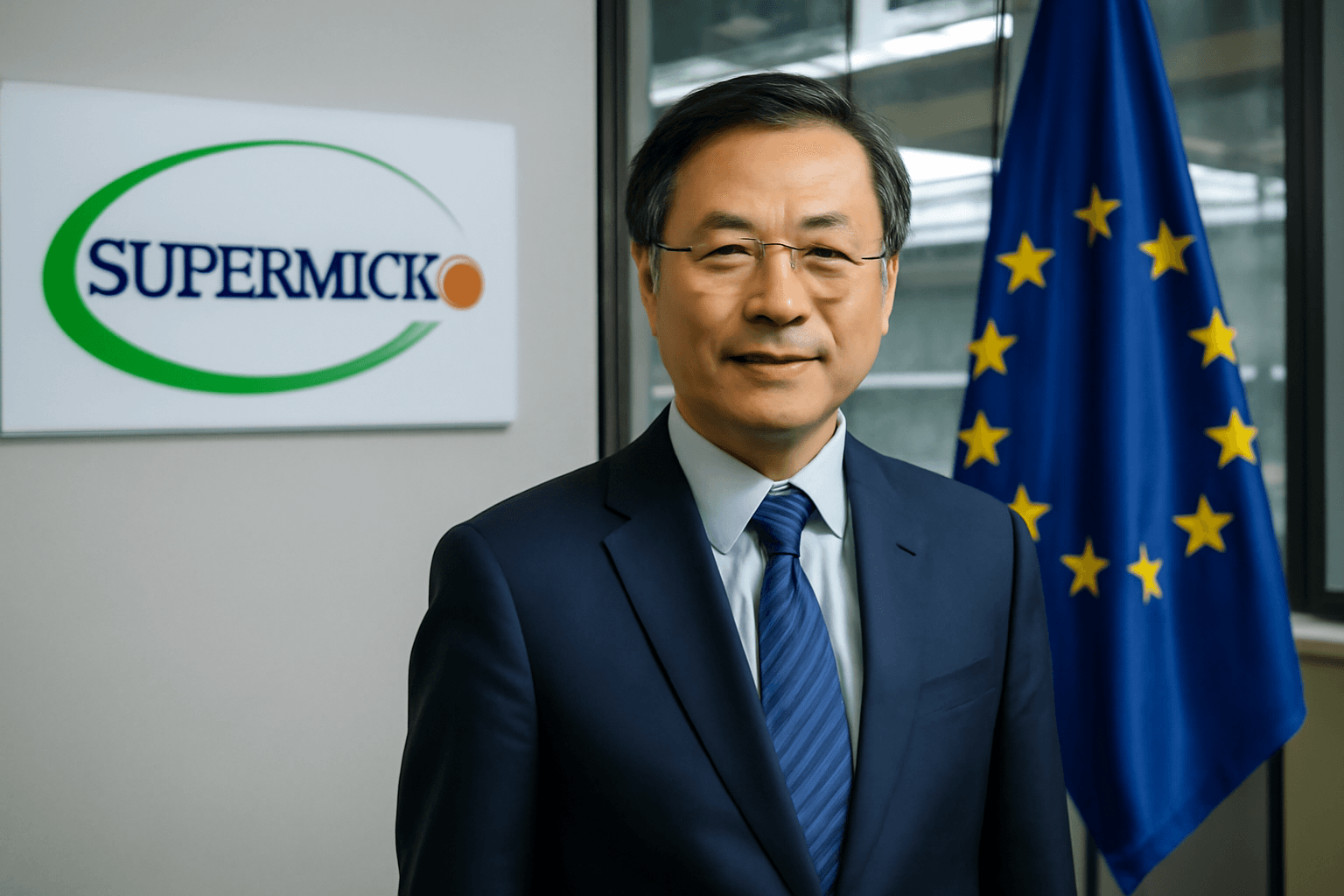European Startups and the Pressure to Match Silicon Valley’s Pace
Harry Stebbings, the founder of the venture capital firm 20VC which manages $650 million in funds, reignited the debate on startup work culture with a bold assertion: building billion-dollar companies requires a relentless work ethic, often beyond the traditional five-day work week. His viral June 2025 post claimed that current market realities demand founders operate at a “7 days a week” velocity, directly challenging Europe’s more reserved work habits.
The Origins of the Debate: 996 Culture and Its Controversy
Stebbings’ remarks sparked controversy because they echoed the infamous Chinese “996” work schedule—working 9 a.m. to 9 p.m., six days a week—a practice often criticized for fostering burnout and eroding work-life balance. His statement tapped into existing stereotypes that Europe’s tech sector lags behind the U.S. and China, where giants like Meta, Google, Amazon, Apple, Baidu, Alibaba, and Tencent thrived, partly under extended working hours.
“If you want to be a $10 billion company in Europe, competing against Silicon Valley and China, you can't do it on a nine-to-five, Monday to Friday schedule,” Stebbings said.
Fundraising Hurdles Remain Europe’s Core Challenge
However, the heart of the issue might not just be about hours worked but about funding. Sarah Wernér, co-founder of European startup Husmus, challenged the hustle narrative, emphasizing the lack of aggressive funding as a critical barrier. Since 2015, Europe’s tech scene has missed nearly $375 billion in growth-stage investment opportunities—highlighting a systemic capital gap that throttles scale-up ambitions.
Wernér pointed out, “If a small European team burns out trying to match a 50-person US or Chinese startup, the problem isn’t stamina, it’s their cap table.”
Stebbings’ Nuanced Stance: Hustle Mustn't Sacrifice Humanity
In conversations following the backlash, Stebbings clarified that his original call was aimed at a minority of founders committed to building global tech leaders. He underscored the importance of balance, noting that missing dinners or family risks is not what he endorses. Instead, a founder’s first five years require total dedication without surrendering health or relationships.
He shared personal insight, mentioning his commitment to supporting his mother who suffers from multiple sclerosis, illustrating the human limits within even the most driven founders. Stebbings remarked, “One of the hardest realities is that no one will care about your company as much as you do. Expecting your team to match your hours is unreasonable.”
The Myth and Reality of Hustle Culture in Tech
Industry voices like Balderton Capital's Suranga Chandratillake have criticized the glorification of overwork in startups, labeling it a “fetishization” not backed by smart management. Stebbings concurred, differentiating the extreme hustle of the 0.01% in Silicon Valley from the overstated portrayals on social media.
- Hustle culture is often over-glamorized in the U.S. tech ecosystem.
- Most startups do not maintain 7-day workweeks despite appearances.
- Success hinges on moving fast and efficient fundraising, not merely hours clocked.
What This Means for American and European Entrepreneurs
For U.S. entrepreneurs, crafting a compelling growth story and aggressively accessing capital remains key, enabling them to sustain fast scaling without solely relying on grueling hours. In Europe, the challenge is twofold: overcoming cultural reluctance towards hustle culture while advocating for increased venture funding to close the operational and competitive gap.
Editor’s Note
The intense debate around the “996” work culture highlights a larger conversation about startup growth models, cultural values, and the price of ambition. While relentless work pace can accelerate success, it carries risks of burnout and diminishing returns—especially without sufficient capital and support structures. Europe’s journey to match Silicon Valley and China may depend less on emulating long hours and more on addressing funding inequalities, fostering smart work practices, and preserving founder and employee well-being. As this conversation evolves, founders and investors alike must consider how to balance hustle with humanity for sustainable innovation.



















